Susan Rice, the Former National Security Advisor to President Barack Obama and U.S. Ambassador to the United Nations, will be releasing her new memoir Tough Love: My Story of the Things Worth Fighting For on October 8, 2019. The book is an inspiring, vulnerable account of the joys and trials of living a life of service as a Black woman, shaping President Obama’s foreign policy.
With her signature candor and incisive analysis, Rice tells behind-the-scenes stories about the events that have shaped our country and in the world, including the Edward Snowden leaks, the U.S. response to the Rwandan genocide, the Syrian genocide, and Russia’s interference in the 2016 election.
In Tough Love, Rice also details how being publicly and viciously scapegoated in the aftermath of the 2012 Benghazi attack had a detrimental impact on her personal life, particularly the mental health of her then 9-year old daughter Maris, who experienced stress-induced hallucinations after seeing her mother constantly vilified.
Through stories like these, the book weaves the personal and the public together to tell a compelling story of Rice’s life.
Rice gets vulnerable about her upbringing — how her Caribbean-American heritage and growing up in D.C. shaped her, her parents’ painful divorce and the impact it had on her later relationship with husband Ian Cameron, and balancing being a mother with being a dedicated public servant.
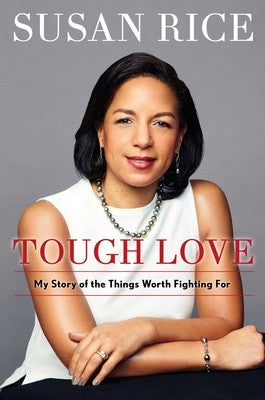
Most of all, perhaps, Rice’s book is a refreshing read in the Trump-era we’re entrenched in. It’s illuminating to read about a time where our public officials were flawed and made mistakes, but where cruelty wasn’t the point. It’s inspiring to hear her talk warmly of her time in the Obama administration when her colleagues truly wanted to make a difference. The appeal of Rice’s book is that it reminds us what a government looks like when it isn’t falling apart at the seams, and it shows us what decency in a public official looks like.
Rice spoke to ESSENCE about some of the topics she explores in her memoir, like what citizens can do to combat the Trump administration, her experience with her conservative son Jake, and how growing up in the nation’s capital shaped her into the public servant and woman she is today.
———————-
ESSENCE: Growing up in D.C you can be exposed to different cultures and to the hustle and bustle of politics. But there is also deep poverty, violence, and disenfranchisement. Did growing up in D.C. give you a particularly powerful lens through which you can see a lot of the issues that you’ve advocated for your career?
SUSAN RICE: Growing up in DC shaped me on many different levels. First of all, living history… living the Camp David accords, living Reagan’s assassination attempt, living the Iran hostage crisis and feeling all those things simultaneously. Just being steeped in the middle of significant events and then having the opportunity to be very much involved in the political part of Washington.
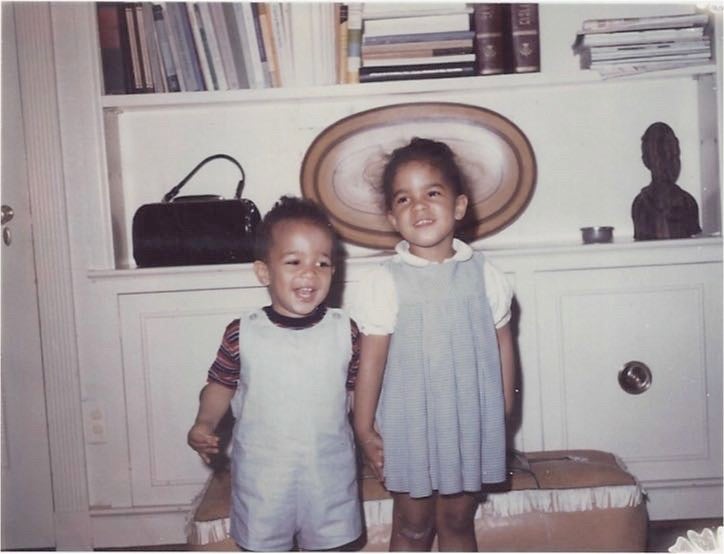
And you can’t live in the city — particularly as an African American — and not understand that there’s enormous economic disparities of hardship between the [wards]. This is really, truly my home. It is a huge part of who I am and I’m really proud of the city and I’m proud of the progress it’s made.
ESSENCE: So the situation with Benghazi, you really cover it very extensively in the book, especially how the constant scapegoating affected your family. Any thoughts on that?
RICE: I tried to lay out “How did I experience this? What did I do right? What did I do wrong? Where did I legitimately make a mistake? Where did I get unfairly accused of making mistakes?” I wanted to convey the facts on the one hand, but also how it affected me… and my family. Cause one of the messages that I do care about conveying is that these Washington politics of personal destruction, where people are just trying to tear each other down, really is quite detrimental. Not only to the target [which in this case] was me, but the families of the people. But I learned from the experience. I think in many ways, it made me stronger. But I’m not glad it happened.
ESSENCE: The part of the book that has the most joy, where you seem happiest, is when you’re working in the Obama administration. Is that right? And why do you think it’s important for people in such high-stress careers to have that support?
RICE: You were right to pick up on that. I enjoyed my time in the Clinton administration, and I made some good friends there. But in the Obama administration and even going back to the campaign… these were people who were in it for the right reasons, for the most part. These were people who were genuinely dedicated to service to President Obama, service to the country. Very few people were in it for themselves, and frankly, those were the people who were didn’t last long.
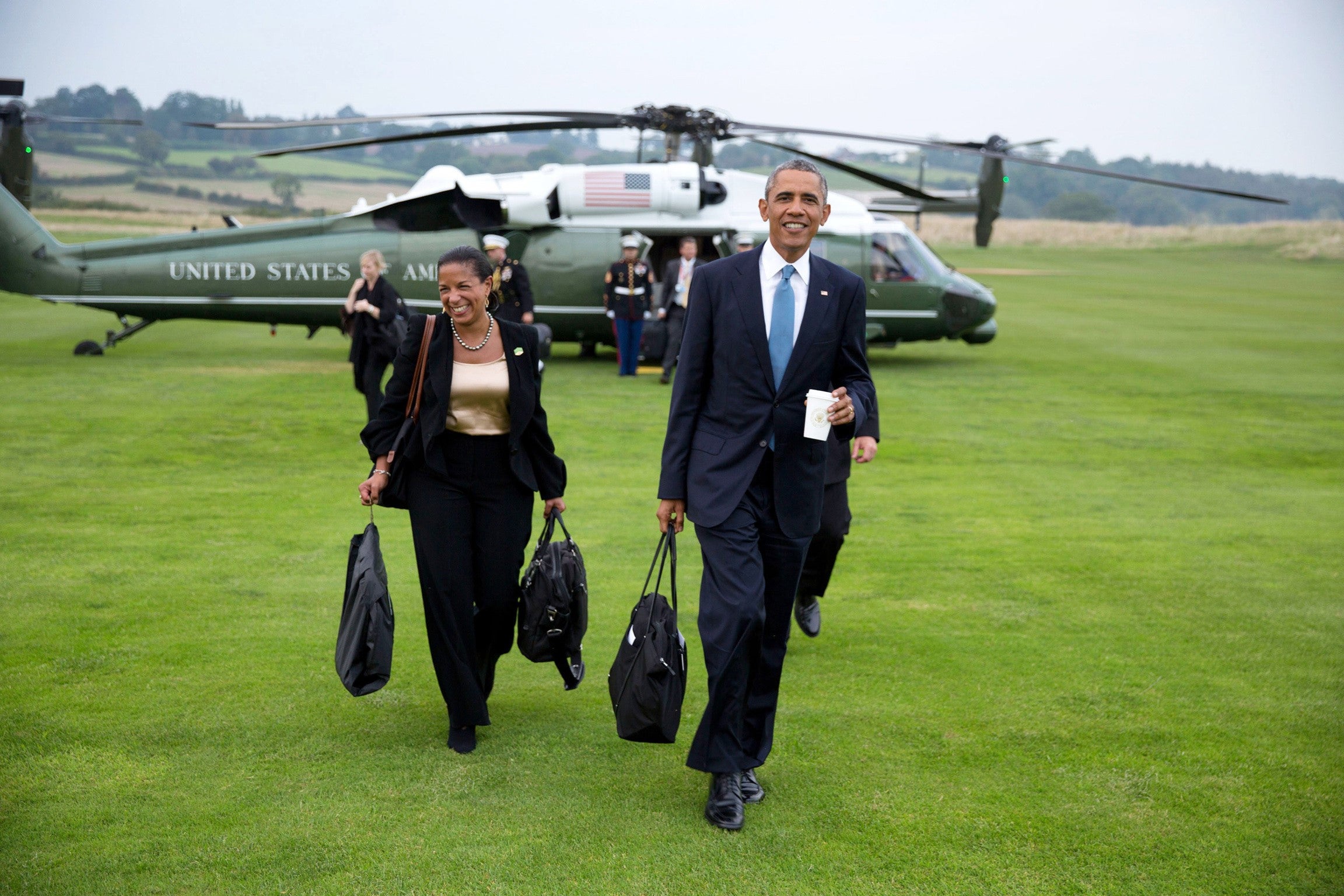
By the time I became the White House’s national security advisor in [President Obama’s] second term, there wasn’t anybody on the senior team or in the White House that I disliked or distrusted. Now, that doesn’t mean they didn’t get on my nerves on occasion or that we didn’t disagree. But they were people that I would die on a battlefield for and who I know would do the same for me. And of course, I was fortunate to work for a president that I knew very well, who I trusted, who trusted me, and who — in addition to being the commander-in-chief and my boss — was also a friend.
ESSENCE: That doesn’t seem to be the case for the Trump White House.
RICE: Oh, when I look at the Trump White House… it’s like a viper’s nest. Everybody’s stabbing everybody in the back, leaking information, people are getting fired left, right, and center. Believe me, these jobs are hard enough without that kind of environment making it harder. In retrospect, I’m even more aware of how extremely fortunate we all were to have each other in the Obama administration. It’s an enduring set of friendships.
That’s so rare. I just can’t tell you how rare that is. And it makes a huge difference when you’re under that kind of pressure, when the consequences are so huge, when the scrutiny is unrelenting. And unlike [the Trump administration] we didn’t really have any bad actors or any real scandals.
ESSENCE: [Speaking of all this,] your son Jake is a pretty conservative guy, which you talk about in the book. He’s very different than you, your husband, and your daughter [when it comes to politics.] Are there any parallels that you can make between how you and within your family, you’ve had to broker understandings, work on communication, and still love each other with what this country is going through today.
RICE: It’s not easy. I love my son like nothing else, as much as a parent can love a child. We agree on some things, but we disagree on many things that are of importance to both of us. I’m not gonna pretend that it’s easy every day. It’s not. But the reality is we have a choice to make. We have to figure out how to stay a family. None of us want to lose each other. So we have to work harder to forge through those differences and to understand that there’s so much more that binds us than tears us apart. I would walk on coals for my son and I know he’d do the same for me.
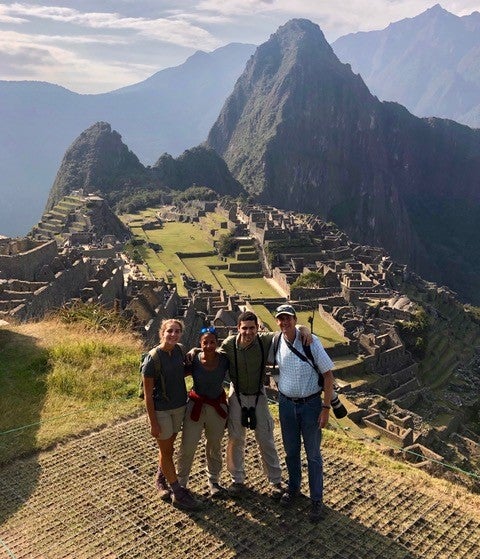
Jake and I also try to find structured time to have rational, unemotional conversations. Sometimes, it turns into a shouting match. But at the end of the day, he’s my baby and I love him. I’m his mama and he loves me. We’re not going to let that change. And my daughter — who doesn’t raise my blood pressure! — is an enormous source of pride and joy to me. Being a mom is the thing I’m most proud of, the most important job I’ve had.
In some ways, the same is true of our country. We can decide that we just can’t live together and we’re gonna blow up the family, blow up the country, or we have to deal with the fact that we have more in common as Americans than what divides us.
ESSENCE: In the book, you talk about working well with Republicans and conservatives in the past. You even talk about having fierce, but respectful debates with Republican family members. How is this administration different?
RICE: This most destructive and self-serving administration that I’ve ever seen. This is not a partisan statement; I’d happily work with literally any of Trump’s Republican predecessors by comparison. At least they respected the office and understood the fundamentals of what it means to govern with at least marginal integrity.
ESSENCE: One of the most emotional parts of the book is actually in the beginning when you’re describing the fear and apprehension you and other members of the Obama administration felt when it came time to transition to a Trump era. A lot of us now are looking back on the Obama administration with a bit of sadness, because as you pointed out, we are living in a period of fear and uncertainty. In the book, you stress that you’re an optimist. But what moments of the Trump administration have been hard for you to maintain that optimism?
RICE: God… it’s like every sentence, every day… jars me. I’ll give you just a few examples of when it really felt like a gut punch; when he referred to half the world as “shit-hole countries.” When we first started hearing about separation of kids at the border, that just broke my heart. I was depressed for weeks. When he stood up in Helsinki, siding with Putin, and dogging our intelligence community. When he went after those four women members of Congress and told them to go back to where they came from. Just this crazy shit. The bigotry, the squandering of America’s leadership role in the world, the denigration of our allies, and the undermining of relationships and agreements that we worked so hard to build, that’s so discouraging.
ESSENCE: So it takes work for you to have faith now.
RICE: Oh yes. I do believe that the arc of the moral universe bends towards justice. But as I say in the book, we are the ones that have to do the bending. We have to be active and engaged. We have agency and can’t just sit on the sidelines. Without that, I can’t say I’m certain that everything’s going to be okay. But I believe in the goodness of most of the American people, in our ability to grow and change. Not all of them though; there’s a substantial segment [of the country] that troubles me, but I wrote that we have to figure out how to work and live with them too. Otherwise, we’re all screwed.
These are difficult days. I’m not gonna lie. So much of what we put our heart and soul and blood and sweat into, these people are deliberately undoing just out of spite, even and especially when it undermines our national interest. They pulled out of the Iran deal, the Cuba opening, and the Paris Climate Agreement with no plan. Everything is getting worse and now we’re running the risk of going to war.
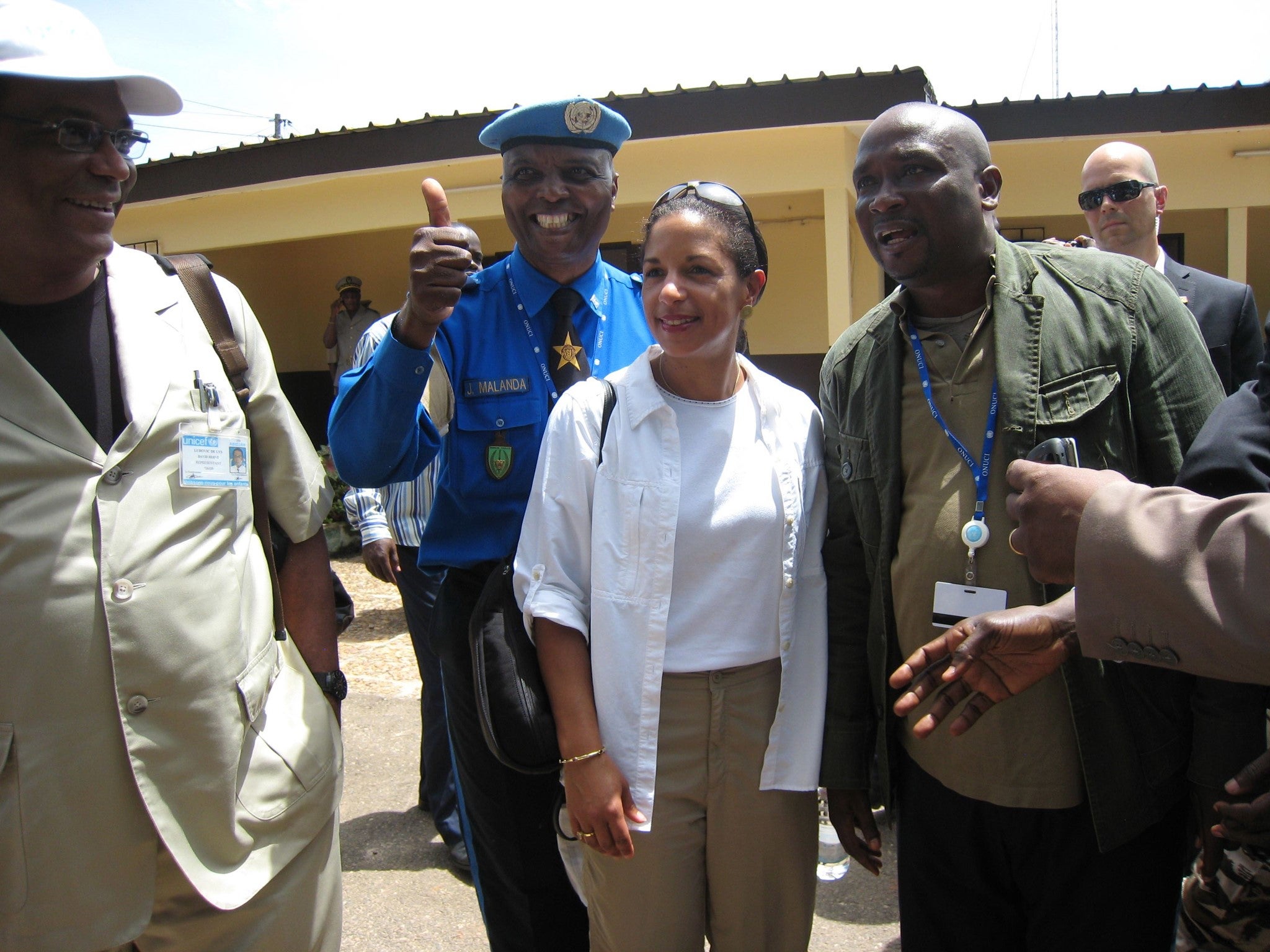
ESSENCE: In the book, you speak a lot about individual and collective power, especially now that you’re working for change as a citizen, not a government official. How can citizens exercise their power?
RICE: People have to get into the political process. They have to vote, they have to encourage others to vote. They have to register, they have to contribute, they have to work for candidates that they believe in. There’s no substitute for active and complete political engagement and organization at all levels. This isn’t just for presidential or Congressional [elections], but at the hyper-local level.
People have to stand up and fight for what they believe. I have more admiration for the Parkland kids, The March for Our Lives movement, and the people who protested at the border than almost any kind of grassroots movement that’s evolved in recent years.
There’s a lot we can do, but we cannot assume that it’s not our problem, or that somebody else will do it for us, or that our vote doesn’t matter, or that our voice doesn’t matter. They do. And we can take back our institutions and the White House.
ESSENCE: With your history as a student activist against apartheid South Africa, What are your thoughts about the youth climate activists that have been speaking up about the climate crisis.
RICE: Their leadership is really encouraging, especially Greta [Thunberg]. I wish [in the U.S.] it was understood to be a nonpartisan issue. I wish people saw it as an existential issue, as a matter of survival. I wish we had skilled and responsible leaders in the Republican Party who understood the urgency of dealing with climate change. Seeing [the Caribbean] repeatedly battered and never really having time to recover is hugely demoralizing. More so, because in recent years we effectively said from the White House, “We don’t care about Puerto Rico. We don’t care about the U.S. Virgin Islands. We don’t care about other parts of the Caribbean that have been badly affected.” And in my opinion, that’s not who we are – who we should be.
